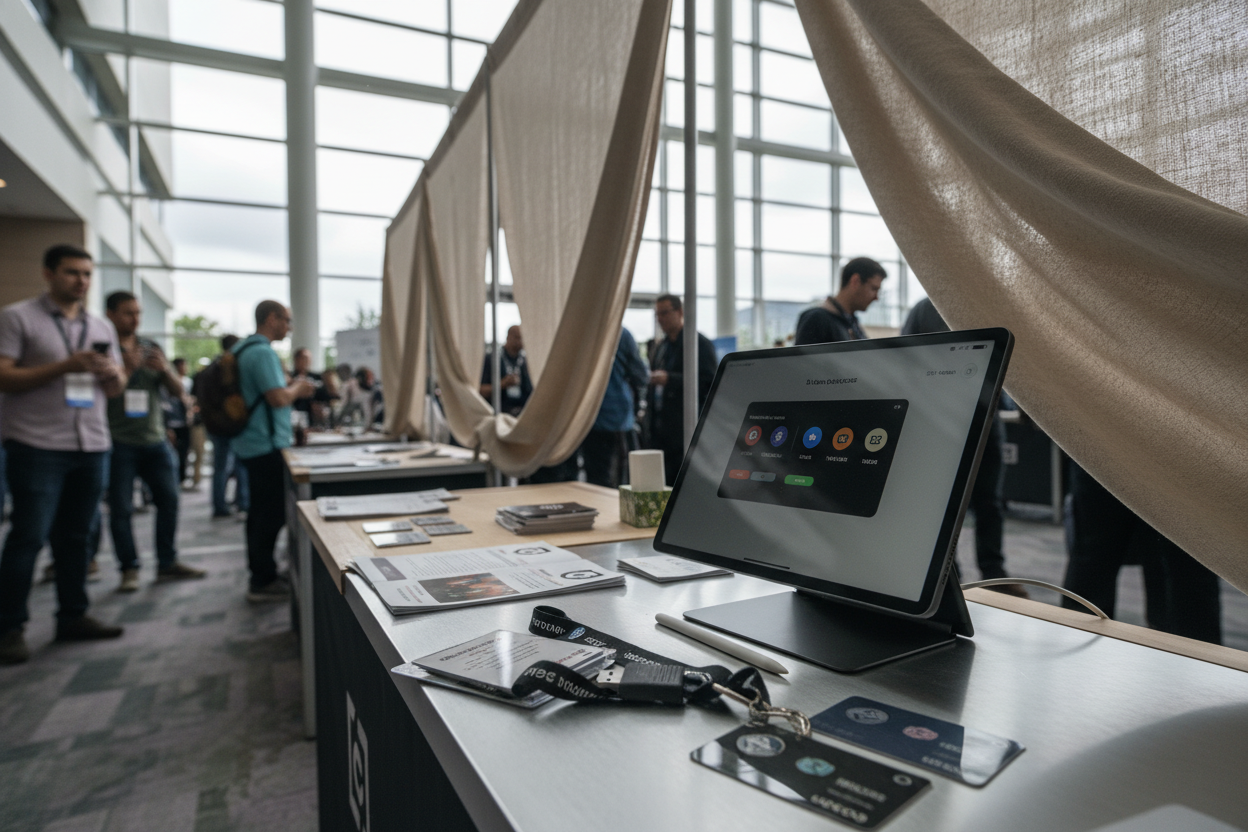
Uniswap’s Delegate Reward Initiative is rewriting the rules for DAO participation rewards and governance token incentives. As DeFi protocols mature, the challenge has shifted from simply distributing tokens to ensuring those tokens drive real, sustained governance engagement. Uniswap is at the bleeding edge here, fusing financial incentives with transparent performance metrics to create a high-signal governance environment.
How the Delegate Reward Initiative Works
The program directly addresses a core problem in DAO design: voter apathy. By offering up to $6,000 per month in UNI tokens (at the current market price of $7.55) to delegates who meet strict criteria, Uniswap is making governance participation both lucrative and merit-based. The latest cycle (Cycle 4) requires delegates to hold at least 1,000 UNI – that’s a capital threshold of $7,550 at today’s price – and maintain an 80% and voting participation rate. It’s not just about showing up: delegates must also submit vote rationales and demonstrate active proposal authorship or community engagement.
This isn’t simple airdrop farming or passive holding – it’s active work that demands attention and expertise. With Cycle 3 funding expanded by $540,000 in UNI tokens and the delegate pool growing from 12 to 15 participants, Uniswap is scaling its commitment to quality governance without diluting standards (source).
Objective Metrics Set a New Bar for DeFi Governance
The move away from subjective or opaque rewards is crucial. Uniswap’s points system quantifies delegate activity: voting frequency, proposal submissions, rationale quality, and even off-chain community engagement are all tracked. This precision creates a transparent leaderboard effect – delegates know exactly what’s expected and how they stack up against peers.
In Cycle 1 of the initiative, every selected delegate hit a perfect 100% voting record (source). That level of turnout is unprecedented in major DAOs and speaks volumes about how targeted financial rewards can overcome typical governance inertia.
UNI Token Rewards: Direct Impact on Protocol Health
The economics are non-trivial. At $7.55 per UNI token, monthly rewards can materially offset opportunity costs for high-caliber contributors who might otherwise focus elsewhere. But more importantly: these rewards are designed not just as compensation but as alignment mechanisms. Delegates are incentivized to act in the protocol’s long-term interest because their future earnings depend on continued trust from both token holders and fellow delegates.
Key takeaway: By tying tangible UNI token payouts directly to measurable governance actions, Uniswap ensures that only committed actors shape protocol outcomes – raising the bar for all DeFi DAOs.
Uniswap (UNI) Price Prediction 2026-2031
Professional forecast considering governance incentive initiatives, market cycles, and DeFi adoption
| Year | Minimum Price | Average Price | Maximum Price | Estimated % Change (Avg. YoY) | Key Market Scenario |
|---|---|---|---|---|---|
| 2026 | $6.80 | $9.10 | $13.00 | +20% | Sustained DeFi growth, high governance engagement |
| 2027 | $7.20 | $10.40 | $15.50 | +14% | Increased institutional adoption, regulatory clarity |
| 2028 | $7.60 | $12.00 | $18.00 | +15% | Broader DeFi integration, Uniswap v4 launch |
| 2029 | $8.20 | $13.80 | $21.00 | +15% | Peak market cycle, new governance models |
| 2030 | $8.50 | $15.50 | $24.50 | +12% | Mainstream DeFi usage, global compliance improvements |
| 2031 | $9.00 | $17.20 | $28.00 | +11% | Uniswap as leading DEX, competitive pressure from new protocols |
Price Prediction Summary
Uniswap (UNI) is projected to experience steady growth through 2031, fueled by innovative governance incentives and expanding DeFi adoption. Minimum price scenarios reflect potential market corrections or broader crypto downturns, while maximum projections assume sustained bullish trends and successful protocol upgrades. Average prices indicate a progressive upward trend, with annual growth rates moderating as the market matures. The Delegate Reward Initiative is expected to enhance protocol stability and governance, supporting long-term investor confidence.
Key Factors Affecting Uniswap Price
- Success and scaling of Delegate Reward Initiative and governance participation
- Overall DeFi adoption and integration with traditional finance
- Regulatory landscape for DeFi and decentralized exchanges
- Technological advancements (e.g., Uniswap v4, Layer 2 integration)
- Competition from other DEXs and DeFi protocols
- Macro crypto market cycles and risk appetite
- Token utility and new use cases for UNI within and beyond governance
Disclaimer: Cryptocurrency price predictions are speculative and based on current market analysis.
Actual prices may vary significantly due to market volatility, regulatory changes, and other factors.
Always do your own research before making investment decisions.
The Emerging Standard for DAO Participation Rewards
With each cycle iteration, Uniswap iterates on both eligibility criteria and reward structures based on real-world feedback from delegates themselves (source). This dynamic approach keeps incentives sharp while guarding against gaming or complacency – two pitfalls that have plagued other DAO incentive experiments.
Uniswap’s approach isn’t just about throwing tokens at the problem. It’s a feedback-driven, data-heavy model that rewards substantive governance and penalizes inactivity or low-effort participation. The Delegate Reward Initiative is, in effect, a live experiment in crypto incentive engineering, one that other protocols are already watching closely.

For token holders, this is a win on multiple fronts. First, it boosts confidence that their UNI holdings are actively stewarded by accountable contributors. Second, it creates clearer pathways for aspiring delegates: the metrics and expectations are public, not shrouded in ambiguity or insider politics.
Why This Matters for the Future of Governance Token Incentives
The broader DeFi ecosystem has struggled with governance apathy and voter turnout rates that sometimes slip into single digits. Uniswap’s Cycle 4 expansion, raising both capital thresholds and delegate slots, directly addresses these pain points by scaling up rewards without sacrificing rigor. The $7,550 minimum stake (at the current UNI price of $7.55) filters for skin-in-the-game actors, while the $6,000/month ceiling ensures participation is competitive but not extractive.
Top 5 Ways Uniswap’s Delegate Reward Initiative Is Changing DAO Incentives
-

Direct Financial Rewards for Active Participation: Uniswap’s Delegate Reward Initiative offers up to $6,000/month in UNI tokens (at the current price of $7.55 per UNI) to delegates who maintain at least 80% voting participation and provide vote rationales, setting a new benchmark for incentivizing governance.
-
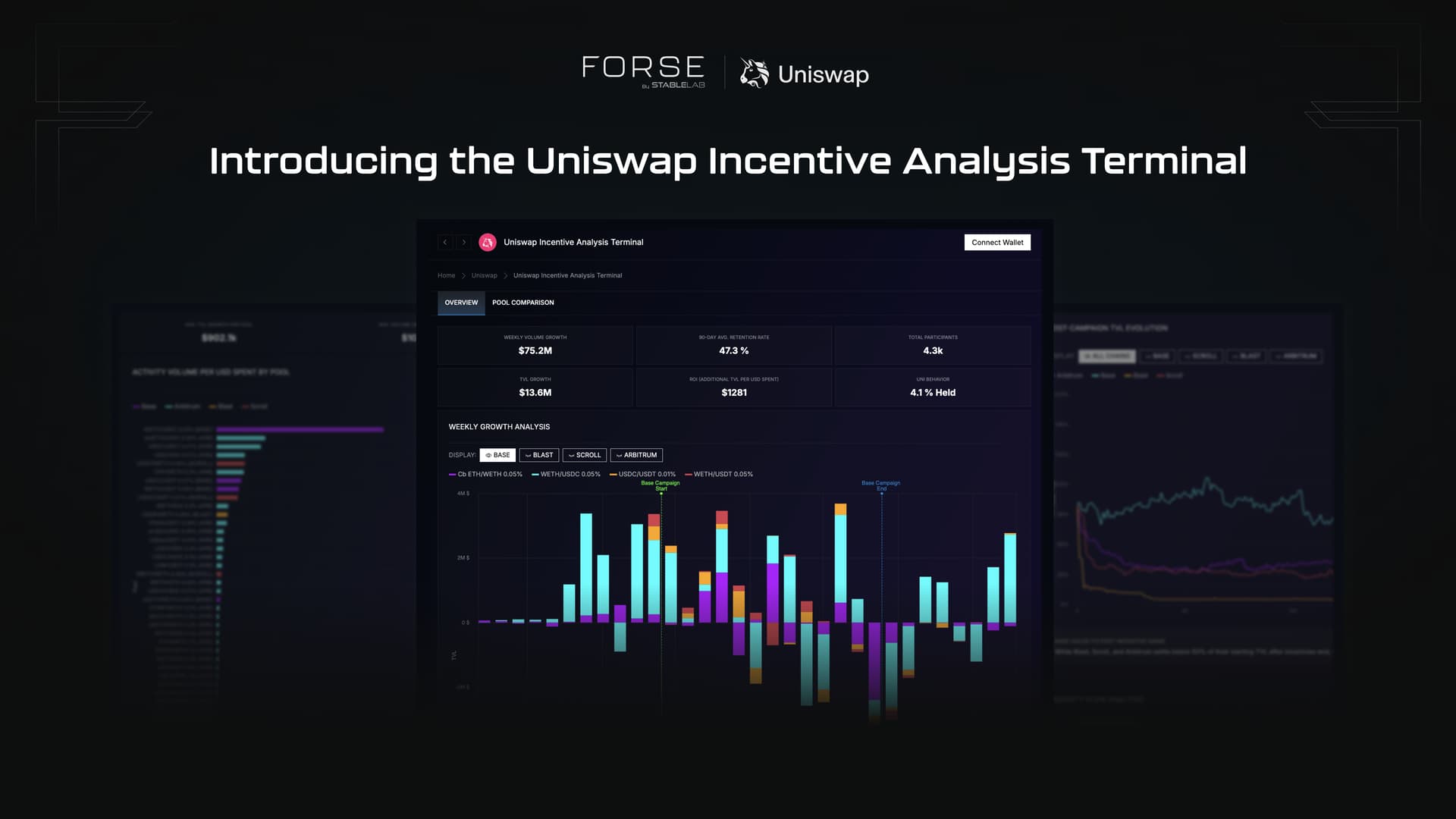
Objective, Transparent Points System: The program uses a public, metrics-based scoring system that rewards delegates for voting, proposal authorship, and community engagement—making rewards fairer and more transparent than traditional DAO incentive models.
-
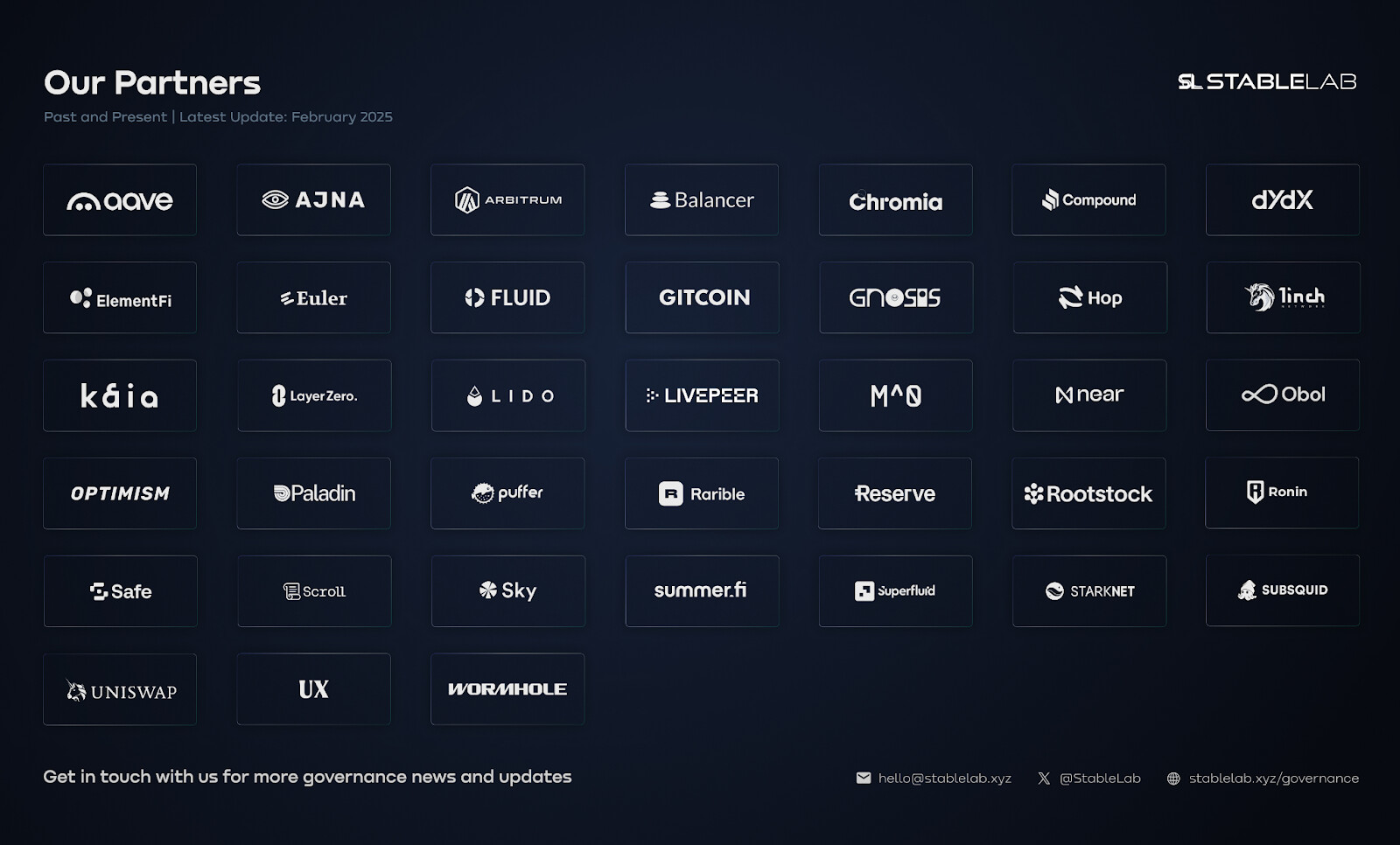
Expanded Delegate Pool for Broader Engagement: With Cycle 3 expanding to 15 delegates (up from 12), Uniswap is increasing the diversity and inclusivity of its governance, encouraging more voices and expertise in critical protocol decisions.
-
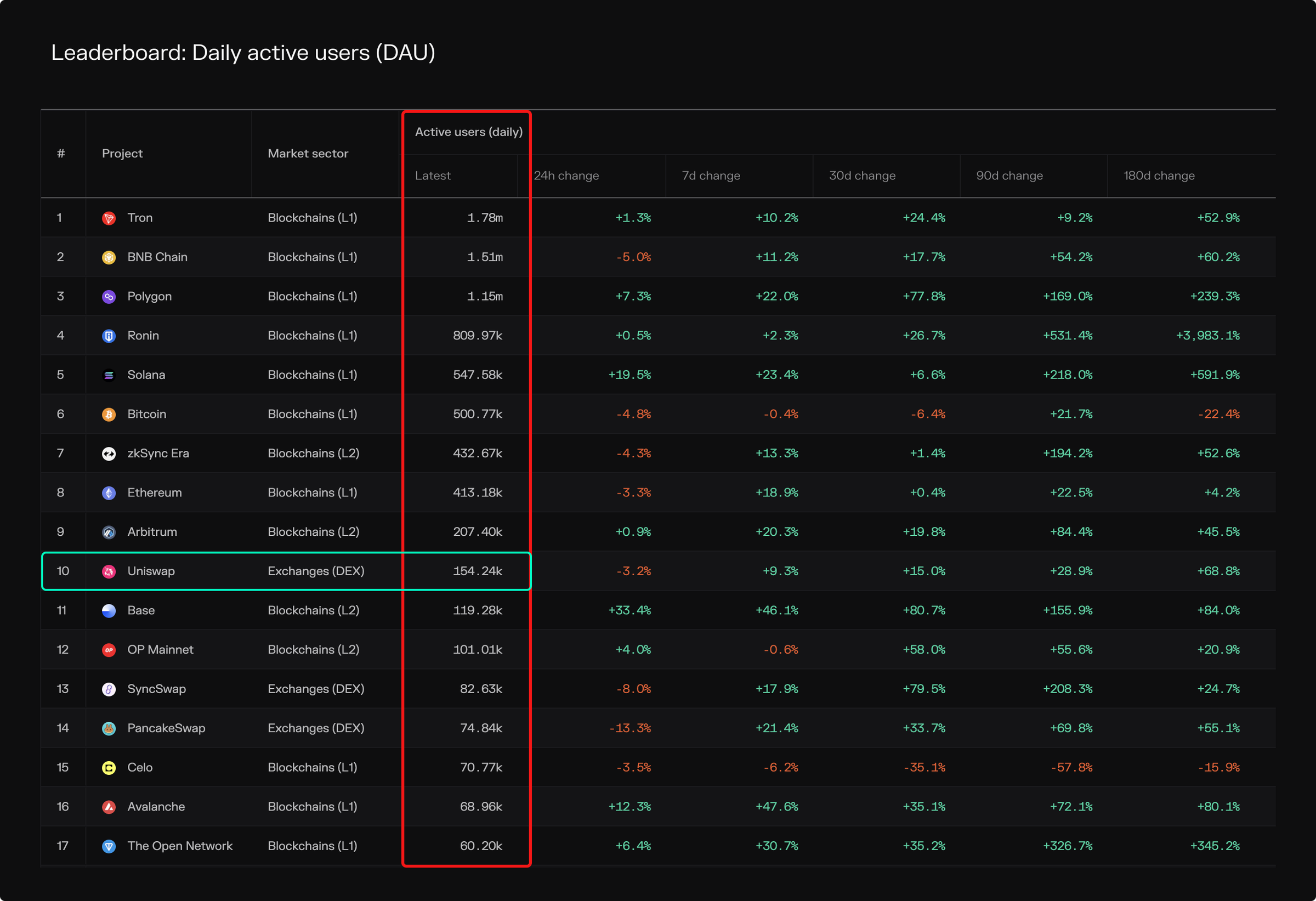
Demonstrated Impact on Participation Rates: The initiative achieved a 100% voting participation rate among selected delegates in its first cycle, proving that well-structured incentives can dramatically boost engagement and accountability in DAO governance.
-
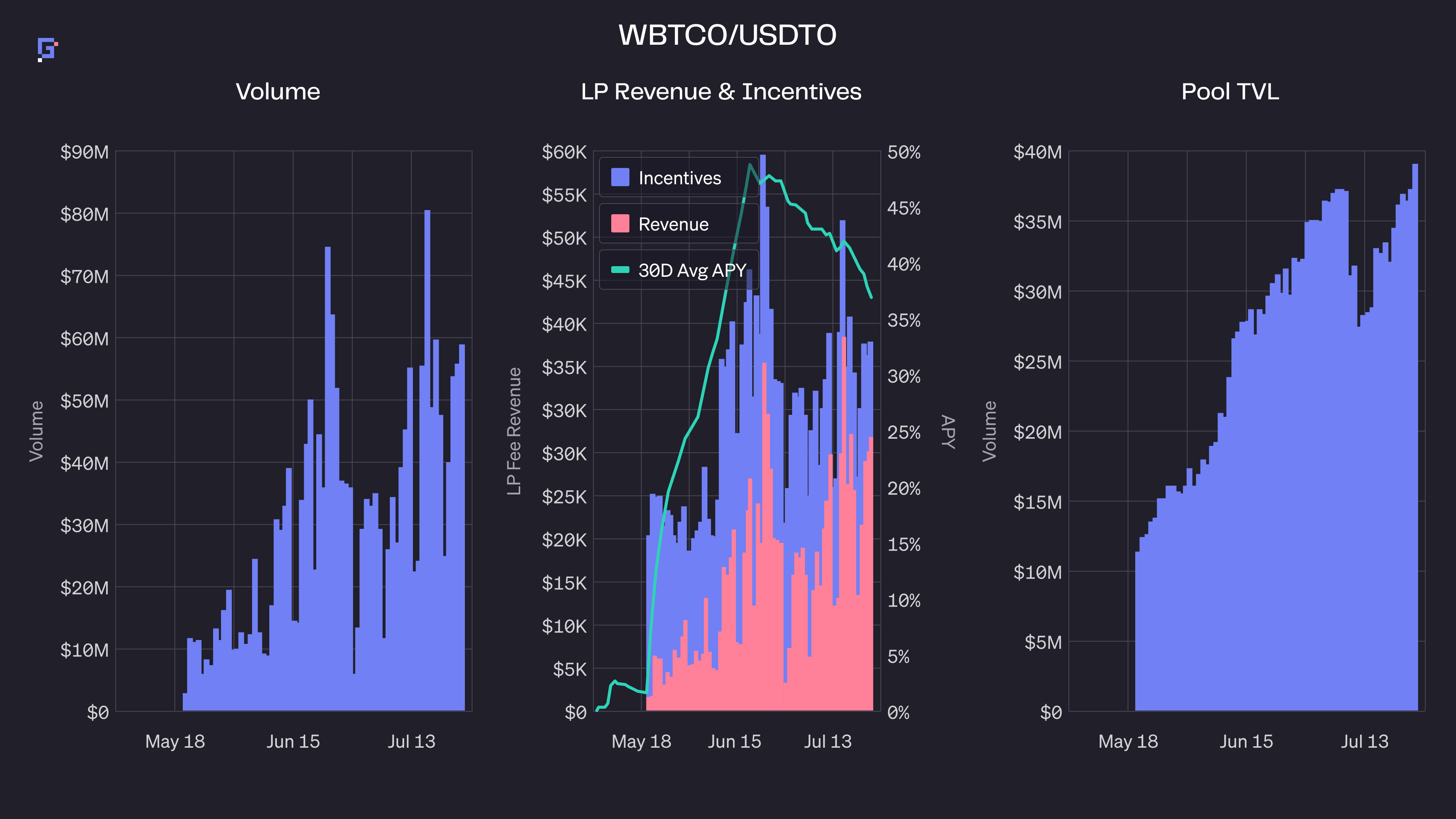
Setting a Standard for Sustainable DAO Operations: By allocating $540,000 in UNI tokens for Cycle 3 and tying rewards to measurable contributions, Uniswap is pioneering a model for sustainable DAO operations that aligns delegate incentives with long-term protocol health.
This model also puts pressure on other major DAOs to rethink their own incentive structures. Protocols that rely on passive tokenomics or one-off grants will struggle to match the engagement levels now visible at Uniswap. Expect to see more protocols borrow from this playbook, especially as data from Cycle 4 and beyond gets published.
“When you tie rewards to real output, not just holding tokens, you get higher quality decision-making and more transparent accountability. ”
What Comes Next? Iteration and Imitation Across DeFi
Looking ahead, several trends are likely to accelerate:
- Data-driven compensation: Expect more DAOs to implement objective scoring systems for delegate activity.
- Modular incentives: Rewards may be tailored for specific roles (e. g. , proposal authorship vs. technical reviews).
- Cross-DAO benchmarking: As results from Uniswap’s cycles become public, other protocols will benchmark their own participation rates, and tweak incentives accordingly.
The bottom line: Uniswap’s Delegate Reward Initiative is setting new standards for governance token incentives by proving that smartly designed rewards can drive real engagement without sacrificing protocol integrity. If you’re serious about maximizing your own DAO participation rewards, or evaluating which projects have sustainable governance tokenomics, keep your eyes on how this experiment evolves over the next few cycles.







